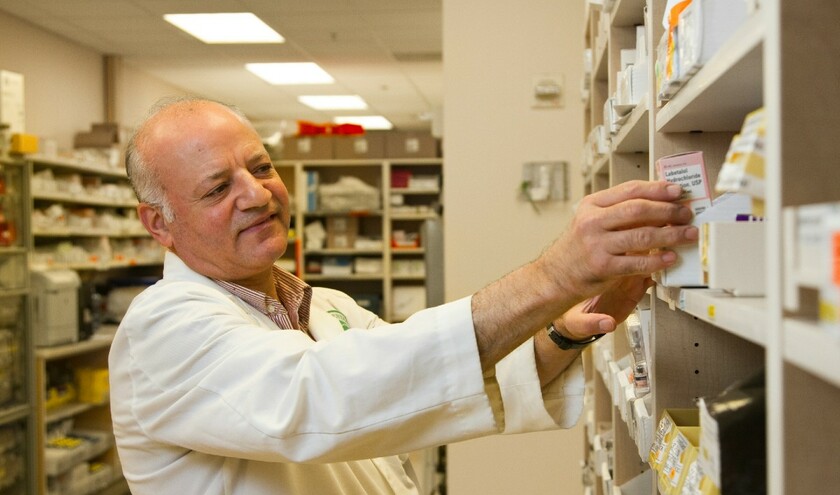Analysis by the National Pharmacy Association (NPA) shows that three quarters of the top 50 areas for closures in the country had higher than average levels of deprivation.
Around 9 in 10 council areas have seen at least one pharmacy permanently shut in the last three years, with around 1,400 having shut since 2016, when funding to pharmacies was first cut by the government.
The analysis also found that:
- Liverpool was the country's capital for pharmacy closures, followed by York. Blackpool, Wakefield, Coventry and Kingston Upon Hull were all in the top ten council areas for pharmacy closures since October 2022
- West Berkshire retained its position as the country's pharmacy desert, with the lowest number of pharmacies per head of population, followed by Wokingham. Rutland moved to third place. The analysis reveals that 90% of the council areas for lowest provision were rural
- Westminster, the area with the highest provision, has more than four times the number of pharmacies per head of population than West Berkshire, the area with the lowest.
England's pharmacy network has been left at its smallest for 20 years as a result.
Pharmacies and council leaders are warning that patients in areas with the highest health needs have been worst impacted by a ‘tidal wave' of pharmacy closures in the last three years, with the risk of this widening health inequalities.
The NPA is calling on the Government to provide an urgent funding uplift or risk the 10-Year Health Plan ‘failing before it has even begun'.
It warns that giving pharmacies new services to deliver to patients to take pressure away from GPs could only be delivered with a sustained increase in funding.
In its submission to the Treasury ahead of the Budget, the NPA says investment in community pharmacy could help the NHS save billions of pounds by reducing waste and cutting hospital admissions.
Pharmacy leaders have also called on the government to reform the 'broken' contract with the NHS, after similar commitments were made to review both the GP and dental contracts.
Despite recent uplifts, pharmacies still face a funding gap of £2.6bn due to the impact of historic 40% cuts to their budgets.
However, recent NHS statistics show that an average pharmacy is now providing patients with 30% more medicines than it did just six years ago, with pharmacies now dispensing over 1.16bn prescription items a year.
Previous NPA research had found that 73% of pharmacy owners had raided personal savings or remortgaged their home to keep their doors open, with 63% warning they may shut in the next year without more support.
Henry Gregg, chief executive of the NPA, said: ‘Community pharmacy is key to the success of the government's 10-Year Plan, but it risks failing before it has even begun unless we see urgent uplifts to funding.
‘We want to work with the government to deliver new clinical services to patients and take pressure away from the rest of the health system, but we cannot be expected to do this for free.
‘We recognise the government took a step forward in April, but this needs to be the start of a journey, not the end of one.'
In response, Ruth Rankine, primary care director and neighbourhood lead at the NHS Confederation, said: ‘Community pharmacies are a cornerstone of local healthcare. They are often the first point of contact for patients and play a vital role in providing timely access to care, easing pressure on overstretched GP and hospital services.
‘The government's 10-Year Health Plan recognises the importance of pharmacies in delivering neighbourhood-based care. But to realise this vision, we must ensure pharmacy leaders are empowered and supported to expand their services. The sector holds immense potential to do more for the NHS, but only if it is enabled to do so.'
Cllr Dr Wendy Taylor, chair of the Local Government Association's Health and Wellbeing Committee, said: ‘These new findings are concerning and highlight a deepening challenge in access to vital healthcare services in the communities that need them the most. The disproportionate impact of pharmacy closures on more deprived areas risks widening already stark health inequalities.
‘Pharmacies are integral to community health, particularly in areas with high levels of deprivation, where they often serve as the most accessible point of contact with the NHS. Their role in providing essential medicines, advice, and increasingly clinical services is vital to prevention and relieving pressure in other parts of health and care services.'



